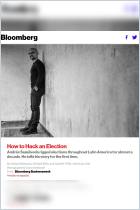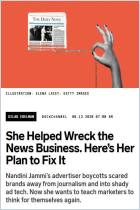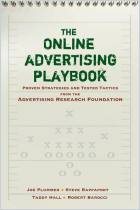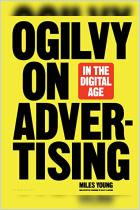
How Much of Your Audience Is Fake?
Marketers Thought the Web Would Allow Perfectly Targeted Ads. Hasn't Worked Out that Way.
Read or listen offline
Recommendation
When digital advertising first took off, businesses believed it would enable them to reach their target markets at a fraction of the cost of traditional advertising methods. This wasn’t the case. Business reporters Ben Elgin, Michael Riley, David Kocieniewski and Joshua Brustein reveal why online advertising isn’t always as lucrative as companies hope it would be. They explain how advertisers may unknowingly pay for ads that are mostly viewed by software on fake websites and describe the tactics some advertisers have begun using to protect their investments. getAbstract recommends this analysis to anyone with an interest in the evolution of online advertising.
Summary
About the Authors
Ben Elgin and Michael A. Riley are reporters for Bloomberg Business. David Kocieniewski is a business reporter. Joshua Brustein is a writer for Businessweek.com.

























Comment on this summary or Start Discussion